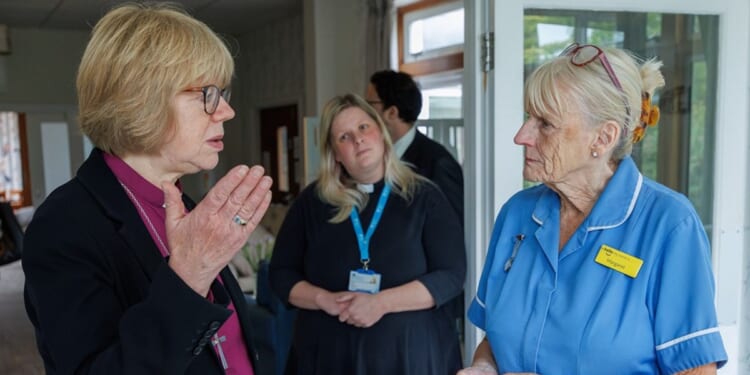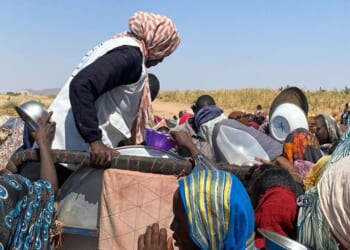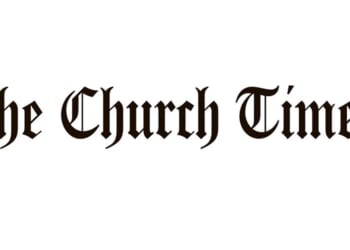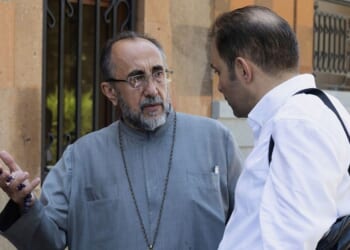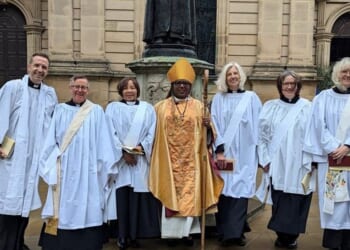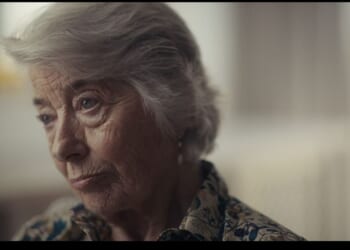THE architect of the NHS, Aneurin “Nye” Bevan, famously said: “No society can legitimately call itself civilised if a sick person is denied medical aid because of lack of means.” From this philosophy emerged a ground-breaking ideal: universal health care, free at the point of use, created specifically to address the inequality and ill health that plagued post-war Britain.
The task of caring for the sick and the disadvantaged had, for centuries before that, largely fallen to the Church. Honouring the call of the prophets, reflecting Jesus’s ministry among the most vulnerable, inspired by the example of the Early Church and the figure of St Luke the physician, the Church willingly carried this load.
Seventy-seven years on, we find ourselves amid a period of significant change for the NHS. The publication of the Government’s much-awaited Fit for the Future: 10 year health plan for England was followed shortly by the announcement of significant reorganisation — most notably the abolition of NHS England.
There is much to welcome in the Government’s vision for the health service, but we must not forget that inequality remains at the core of so many of the health issues that the modern UK faces. In areas experiencing the highest levels of deprivation, this can mean 19 years fewer of healthy life compared with the least deprived, according to the Health Foundation.
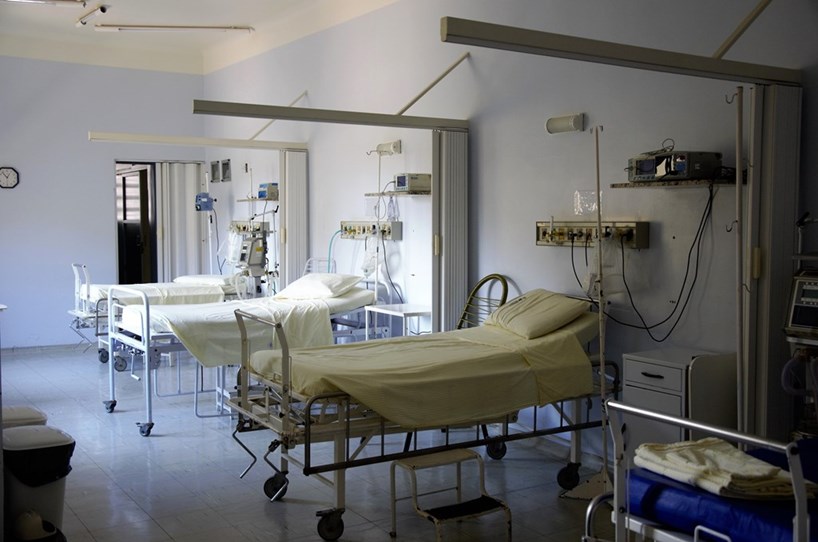 PixabayThe Government’s vision for the next decade is to focus treatment away from hospitals, and to enable more health-prevention work in community settings
PixabayThe Government’s vision for the next decade is to focus treatment away from hospitals, and to enable more health-prevention work in community settings
In my years working in health care, as a nurse and later Chief Nursing Officer for England, as well as my years in ministry, I have seen that strong levels of trust are a highly determining factor for healthy communities. Indeed, it is essential for early intervention, the development of culturally competent (and even confident) care, and for informed and targeted prevention. In my experience, the adage rings true that “Change moves at the speed of trust.”
The 10 Year Plan considers three shifts: from hospital to community, from analogue to digital, and from sickness to prevention. These are sensible and laudable aims that could offer significant improvement to the function of the NHS and the health of the nation.
The shift from hospital to community rightly recognises the importance of community and primary care services for reducing demand on secondary and acute services.
The shift from sickness to prevention is clearly a vital emphasis if we are to improve the health of the nation and not focus solely on health care. Early-intervention primary care will be an important part of this, and of the neighbourhood-health element of the plan. This work, however, must be accompanied by a true investment in engagement.
When the pandemic struck, faith groups did as they have always done, and stepped forward to meet the needs of their communities. As lockdowns came and went, it became clear that faith groups were key anchor institutions in their neighbourhoods because of the invaluable trust that their communities held in their leaders. As we evaluate our national response to the pandemic, it is clear that co-ordinating crisis-preparedness in partnership with faith communities could help to ward off many of the issues that arose during the pandemic.
The reorganisation of the NHS means that the requirement to prioritise engagement at local or strategic level is unclear. There is much uncertainty about what the functions of integrated care boards (ICBs) will be, and whether there will be sufficient resource for this kind of key engagement to be prioritised.
In the absence of clarity about this, social prescribing is an opportunity for communities and churches to support the health of their neighbourhoods. This is a way for the NHS to offer non-medical prescriptions for community- and church-run services that meet people’s non-medical health needs. This might be a foodbank, coffee morning, gardening group, budgeting support, or health-care-advice drop-in.
The shift from analogue to digital involves technological changes and the digitisation of records, much of which is welcome. The NHS app will be expanded, and patients will have more choice about where they receive treatment, on the basis of published data about the performance of the service. The publication of the hospital league tables will, it is hoped, incentivise competition among trusts and empower patients to choose the right care for them.
More choice will not automatically reduce health inequalities, however, and it certainly is not guaranteed to increase trust in our health and care institutions.
Without engagement and support to navigate this digital world, we are at risk of simply emboldening those who already have the skills and confidence to “shop around” for health care — but where does that leave those who don’t have access to the NHS app, those who struggle to use digital devices?
The communities with whom the Government must prioritise the building of trust must also include those who feel uncertain about the offering of their data for storage and use.
Digitisation in and of itself is not a silver bullet: will these changes be accompanied by sufficient support to secure engagement, build trust, and empower choice in an equitable way? If not, then it poses a serious threat to reduction efforts for health inequalities.
There is work to do, to invest in trust and to renew the social contract between public service and citizen. In the mean time, faith groups remain essential partners in the serious work of reducing health inequalities. That is not yet reflected in the plans for NHS reform, but the task for the local church, mosque, gurdwara, temple, and synagogue is to keep going. You are vital influencers in the health and well-being of your communities, and your work is valued.
The Rt Revd Sarah Mullally is the Bishop of London, the C of E’s lead bishop on health and social care, and Archbishop-designate of Canterbury.

